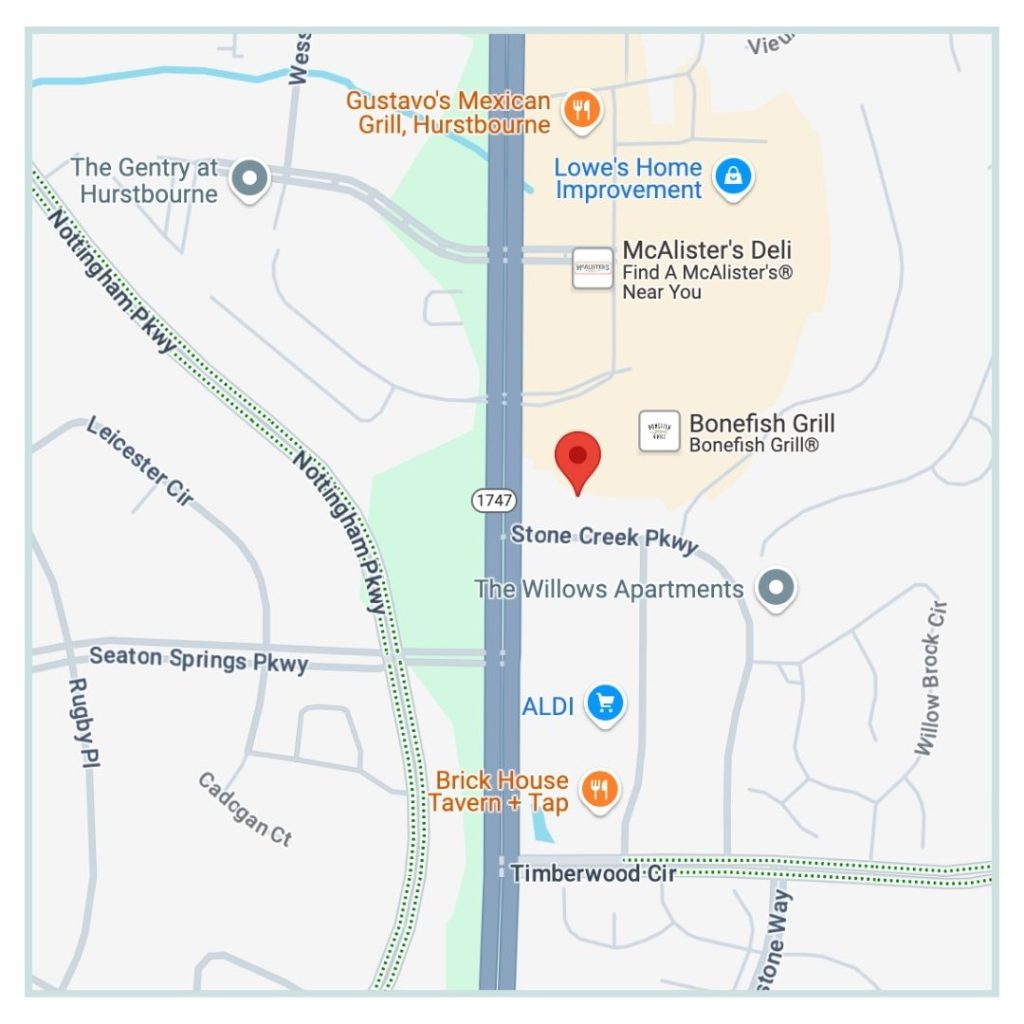An estate plan requires time and effort. But there are common mistakes that people make with their plans that upsets their existing estate plan.
Leaving gifts and not changing their will
People may use their wills to leave cash gifts to relatives or friends. However, many times that gift was already made after the will was executed but while the person was still alive. Failure to update a will to reflect this or other changes is a common mistake after estate planning.
If the will is not changed after the gift was made, the recipient can again receive that gift when the will is probated. Other heirs can ask the recipient to confirm that the gift was already paid or an advancement on the inheritance, but this can cause legal disputes if the recipient does not agree. The decedent’s wishes may also stay unknown.
Inadequate trust assets
It is important to assure that there are sufficient assets going into a trust to pay all the gifts if your trust was established years ago and your overall assets dropped in value. If a trust is not sufficiently funded, some intended recipients may receive nothing or less than anticipated.
Cash assets pass first. This means that cash recipients may receive more assets while other recipients get less than anticipated or nothing.
Assets passing under a will
Do not assume all assets pass through the will. Probate assets pass from the deceased person to their estate and will be distributed according to their will. Non-probate assets usually pass outside the will to another person identified by beneficiary designation or joint ownership.
Knowing the difference in these assets is important for assuring assets are distributed according to the will. Plan to deduct debts, expenses, and taxes.
Joint owners
Adding a person as a joint owner to a bank account or real estate gives them ownership of that asset after you die. But there could be problems after your death if your will relies on that asset to pay your estate’s debts, taxes, or taxes. Adding joint owners also can lead to will challenges and other legal disputes.
Beneficiaries
Changing beneficiary designations can have unintended consequences. For example, life insurance may have been payable to the trust to pay bequests, shelter money from taxes or pay estate taxes. Changing the beneficiaries can disrupt these plans. Changing the beneficiary from an individual to a trust may also have tax consequences.
Attorneys can help you with develop a plan that meets your needs. They may also collaborate with you on updates and assure that is remains effective.





